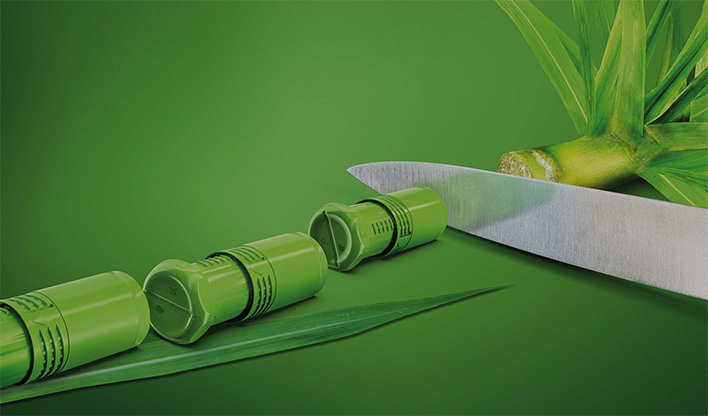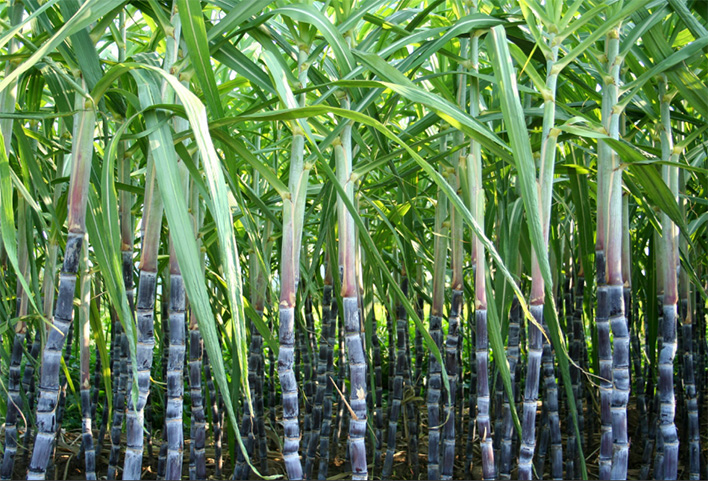Sugarcane PE
Bio-based plastics (sugarcane) are a unique product made from renewable
resources and belong to the category of green polyethylene, making a significant contribution to reducing greenhouse gas emissions throughout the entire supply chain. Bio-based plastics (sugarcane) are a renewable alternative to polyethylene and a thermoplastic resin primarily used for packaging in the consumer goods industry, such as food, beverages, cleaning, and personal care products.
What is bio-based plastic?
Bio-based plastics are fully or partially made from biological resources, rather than fossil raw materials. Bio-based plastic refers to a type of plastic that is derived from renewable resources, such as plants or agricultural byproducts, instead of fossil fuels. It offers a more sustainable and environmentally friendly alternative to traditional petroleum-based plastics.
How is sugarcane bagasse used to make bio-based plastic?
Sugarcane bagasse, the fibrous residue left over after extracting juice from sugarcane, can be processed and transformed into bio-based plastic. The bagasse undergoes treatments to extract cellulose fibers, which are then modified and processed into polymer resins. These resins form the base material for bio-based plastics.
What are the advantages of this material?
Bio-based plastic made from sugarcane bagasse offers several advantages. It is renewable, as it utilizes a byproduct of sugarcane production. It reduces reliance on fossil fuels, lowers carbon emissions, and contributes to mitigating climate change. Additionally, it can possess biodegradable properties and exhibit versatility in terms of mechanical, thermal, and barrier properties.
We firmly believe that good packaging should not only perfectly protect your product but also our environment. This is why we have been closely examining alternative sources of raw materials for quite some time.




